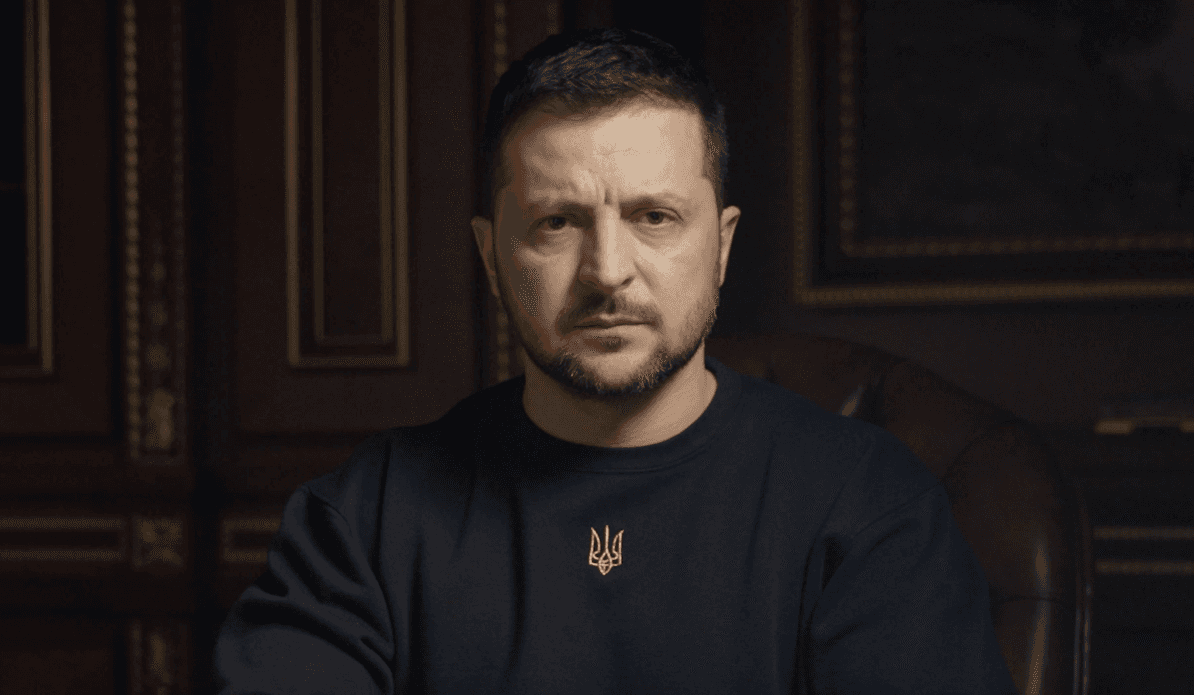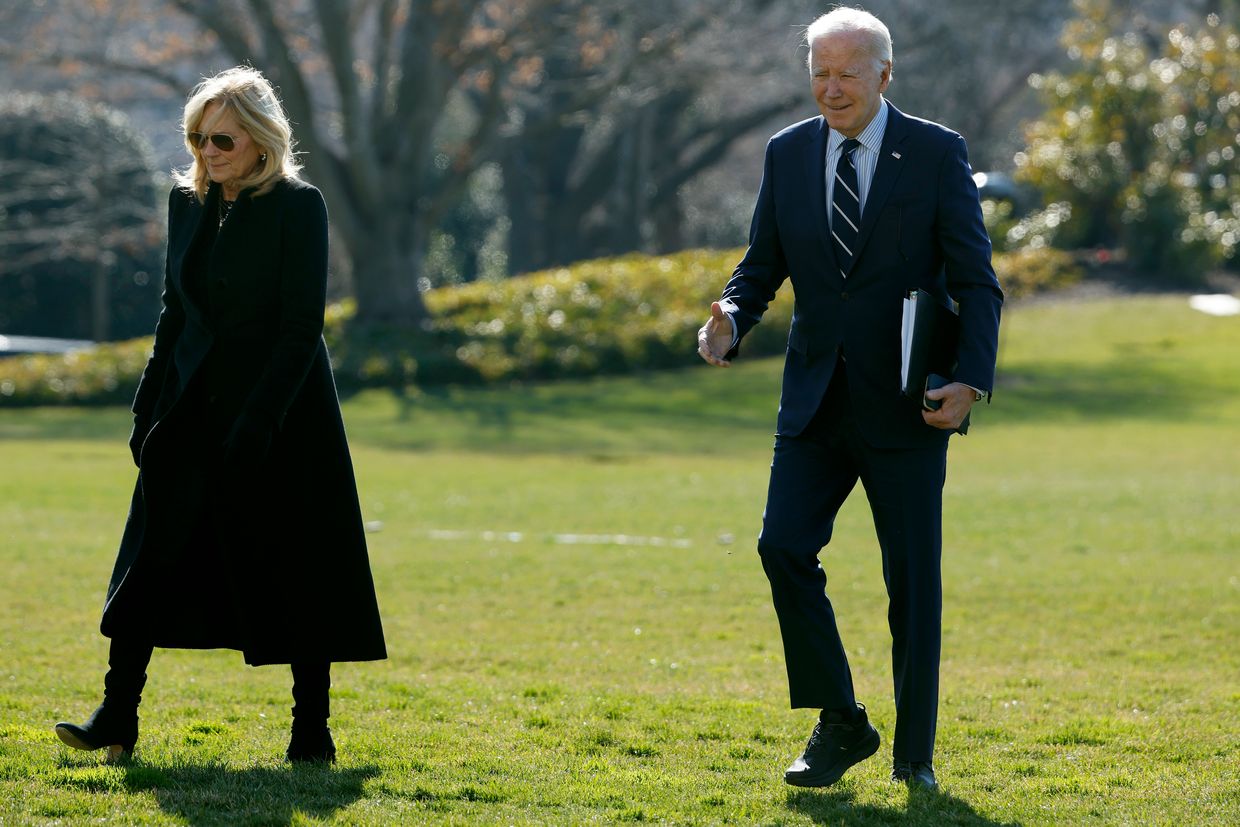Zelensky: Russia 'taking advantage' of delays in aid to Ukraine

Russian forces are "taking advantage" of Western allies' delays in providing Ukraine with additional military aid, Ukrainian President Volodymyr Zelensky said in his evening address on Feb. 19.
"The situation is extremely difficult in several parts of the frontline, where Russian troops have amassed maximum reserves," Zelensky said, following Monday's visit to the frontline in northeastern Kupiansk. "They are taking advantage of the delays in aid to Ukraine."
Zelensky's comments come as Ukraine faces an ongoing Russian offensive on the front lines, having suffered its most significant loss of 2024 with the Russian capture of Avdiivka on Feb. 17.
Despite the Russian advances, Republicans in the U.S. House of Representatives continue to withhold a vote on the proposed $95 billion foreign aid bill that includes funding for Ukraine, Israel, and Taiwan.
The bill, which has passed through the Senate, allocates $60 billion to Ukraine, $14.1 billion for security aid to Israel, $9.2 billion for humanitarian support, and $4.8 billion to assist regional partners in the Indo-Pacific area.
House Speaker Mike Johnson previously rejected the aid bill on the grounds that it did not address the ongoing crisis at the southern border.
Congress' delays in passing aid to Ukraine attributed to Ukrainian forces' withdrawal from the embattled city of Avdiivka, U.S. President Joe Biden said on Feb. 17.
Zelensky previously expressed hope that U.S. military support for Ukraine "will not falter" as questions linger about the passage of military aid through Congress.
In his evening address, Zelensky also urged international allies to deliver additional weaponry to Ukraine.
"There is a deficit of artillery," Zelensky said. "There is a need for frontline air defense and for a longer range of our weapons."
European leaders have called Western allies to provide additional support for Ukraine. The EU's chief diplomat Josep Borrell called on allies "to do more and quicker" in delivering arms to Ukraine.
Some European allies have recently moved to sign bilateral security guarantees with Ukraine to bolster support against ongoing Russian aggression. Earlier this week, France and Germany signed bilateral treaties, falling in line with the United Kingdom's security cooperation agreement finalized in January.
Other European nations are also considering signing their own cooperation agreement, with the Netherlands and Norway expected to sign agreements in the coming months.











